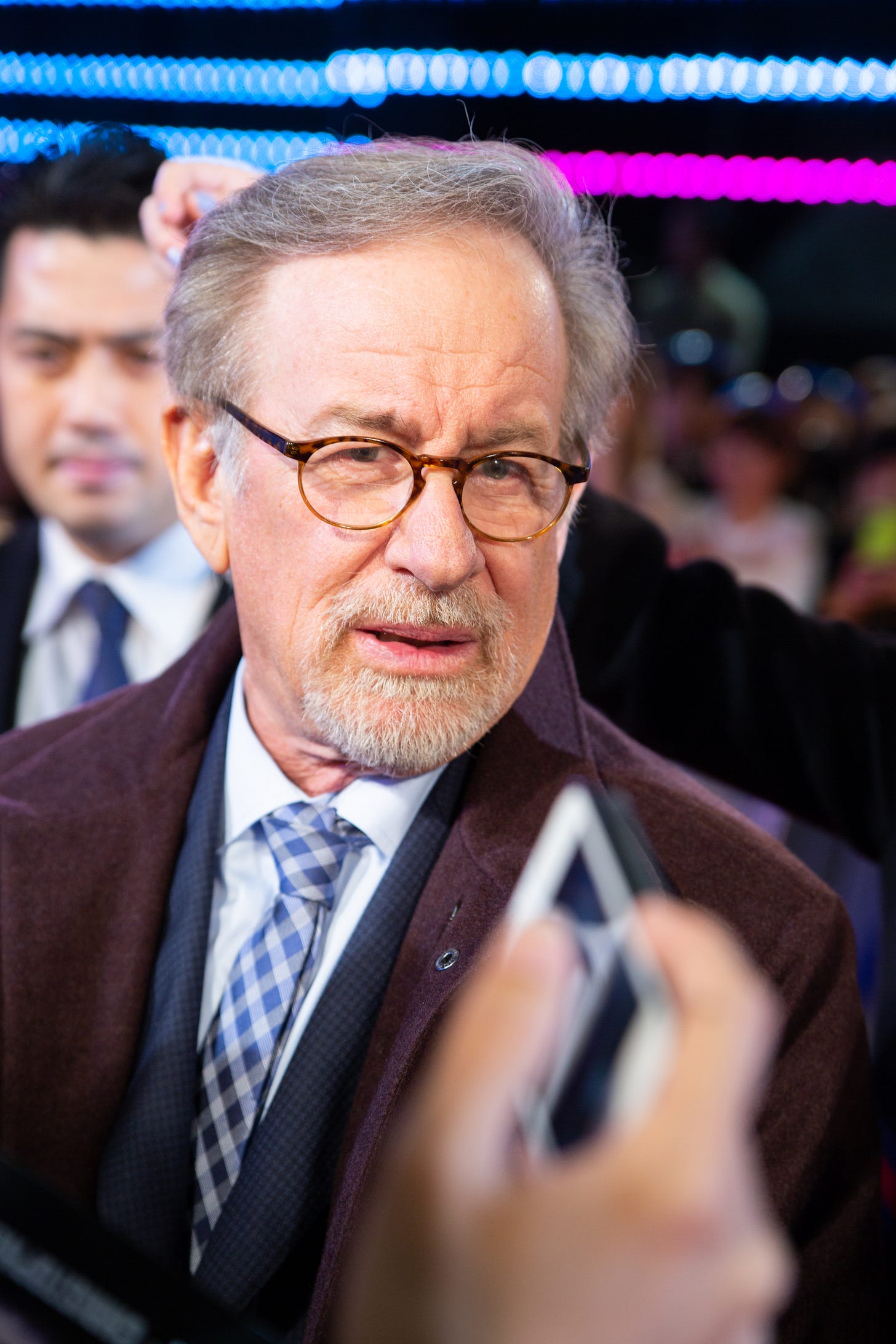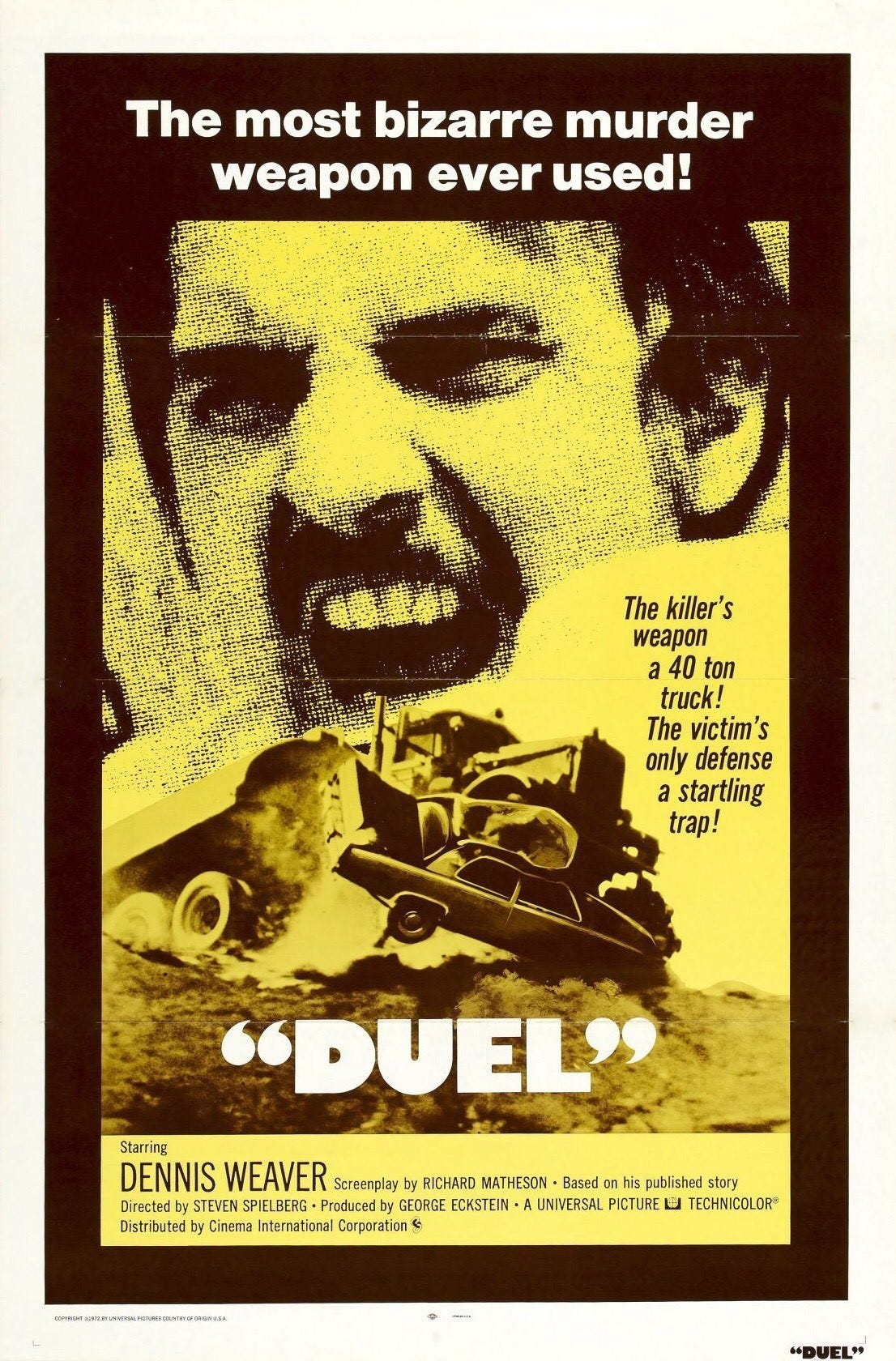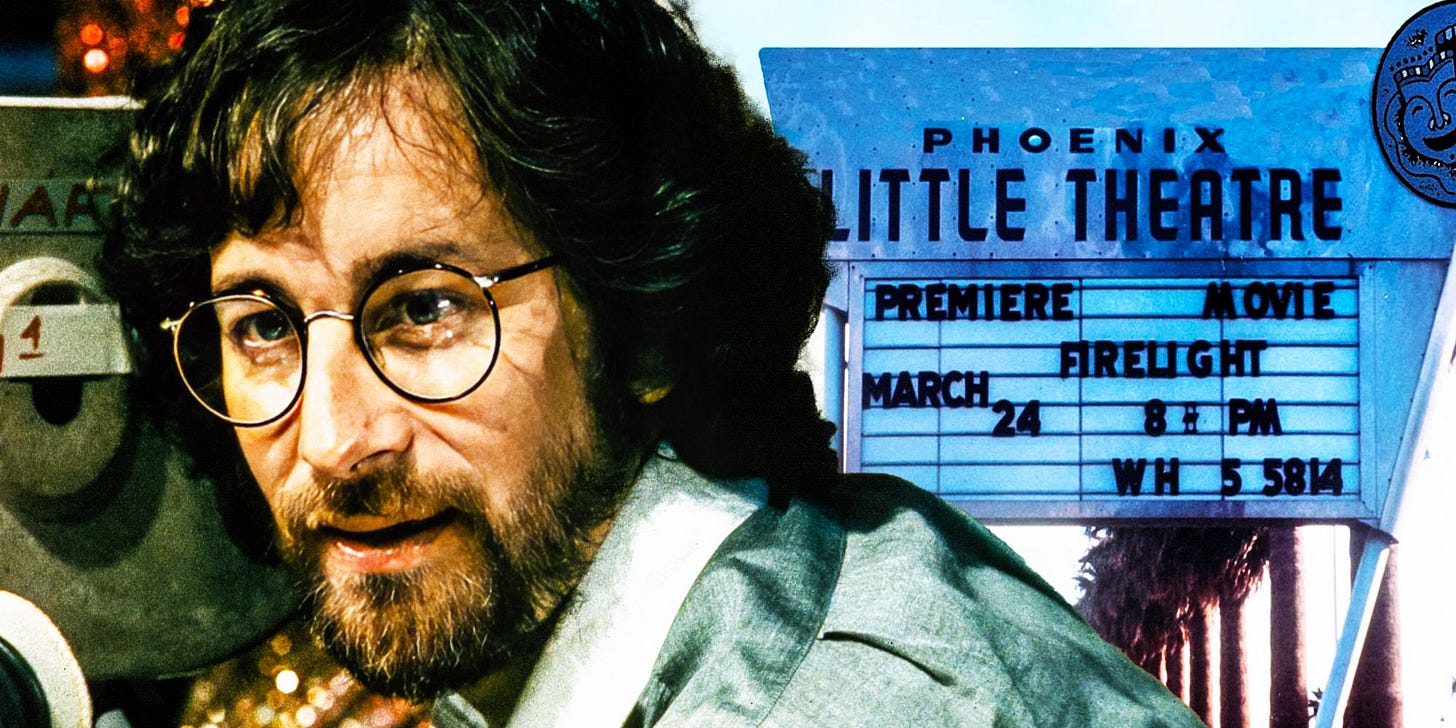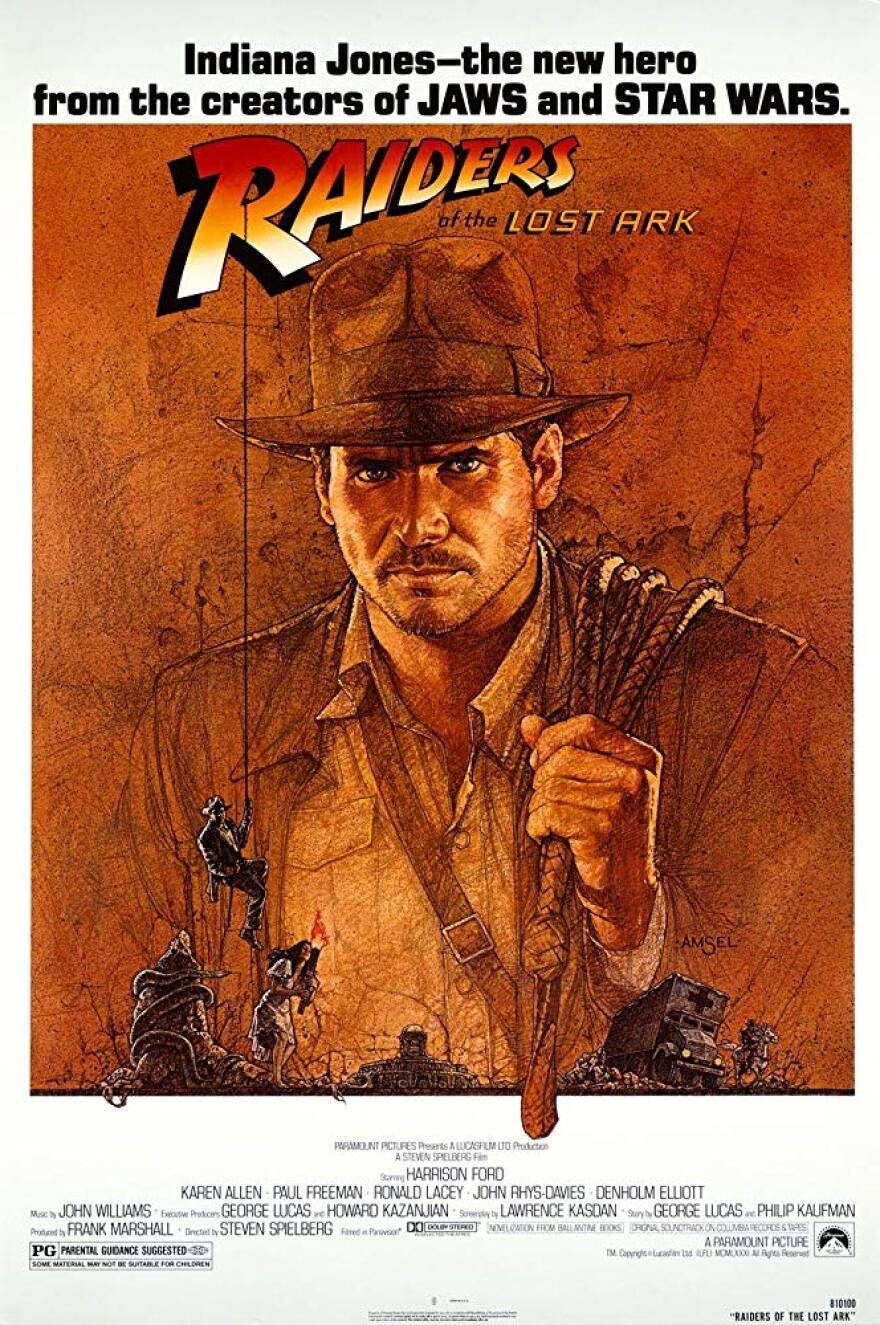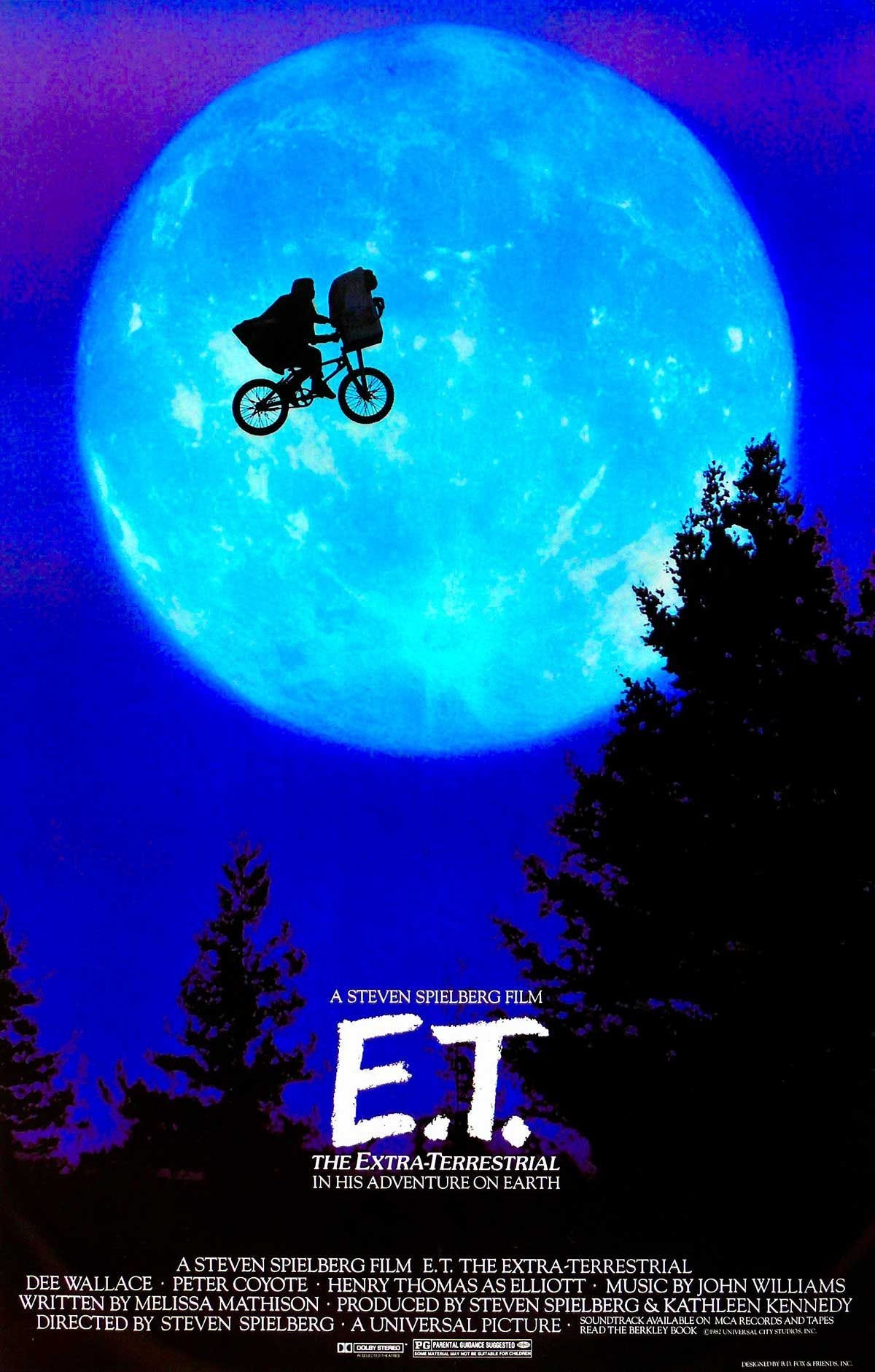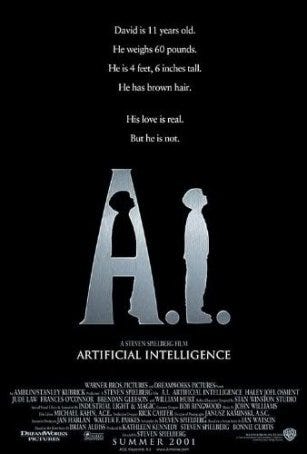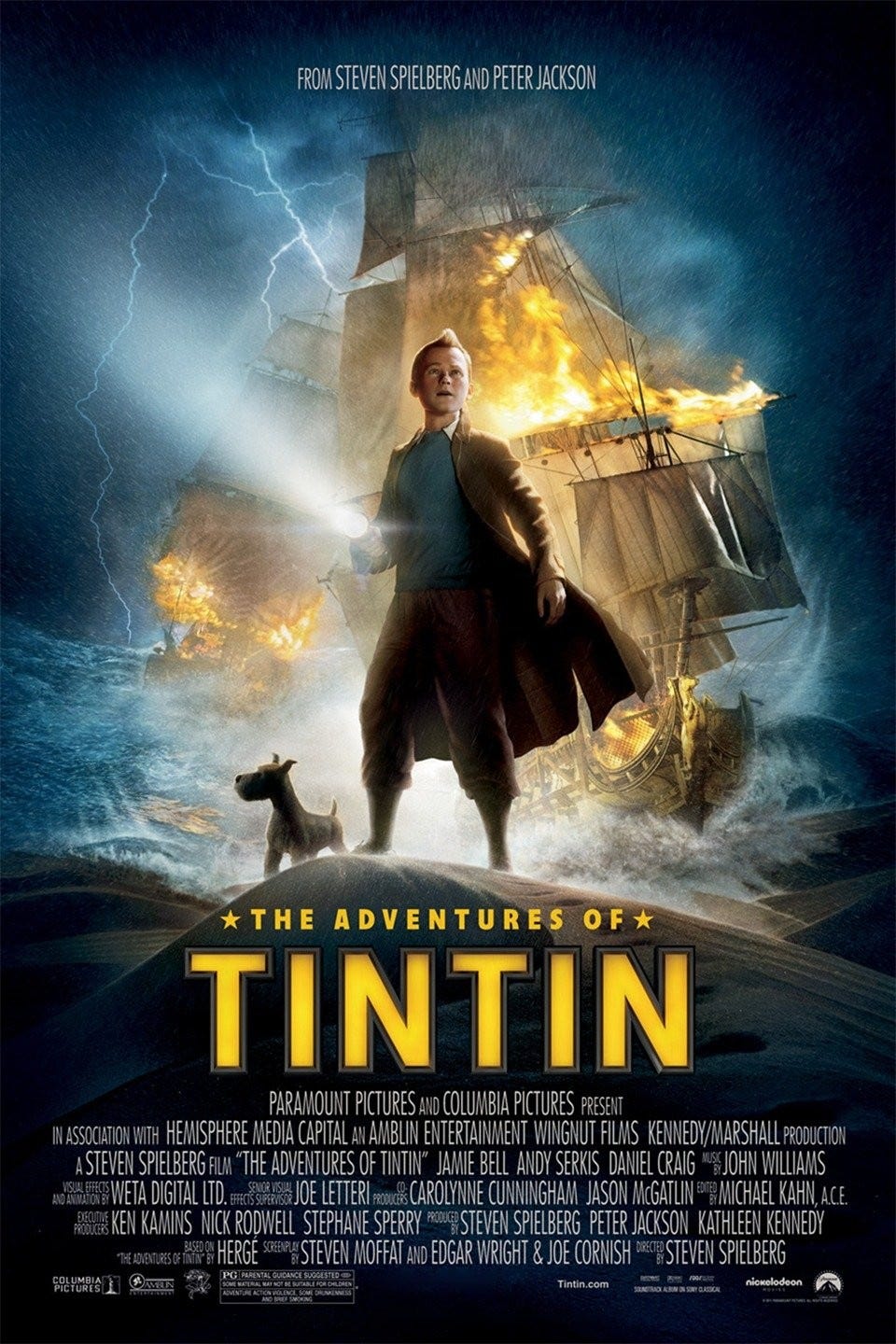The Director of Dreams
The Influence of Steven Spielberg and Beyond
Lately, I’ve found myself pondering a question that has lingered in the minds of many movie enthusiasts: between George Lucas and Steven Spielberg, who has been more influential in shaping the modern American mythology? Both titans of the film industry, their contributions to storytelling have left indelible marks on our cultural landscape. Yet, for me, the answer always lands squarely with Spielberg. While Lucas gave us sweeping epics and fantastical worlds, Spielberg’s gift lies in his ability to ground the extraordinary in the human experience, weaving stories that speak to universal emotions while pushing the boundaries of filmmaking.
My journey with Spielberg began unexpectedly at a Boy Scout camp in the Santa Barbara mountains. Rancho Alegre was a place where stars blanketed the night sky, and the air smelled of pine and campfire smoke. One evening, the older scouts decided to screen Duel (1971), Spielberg’s second film. The makeshift outdoor theater—a white sheet stretched between trees, the steady hum of a projector—transformed into a world of relentless tension. As the faceless truck hunted its prey on an open highway, I was captivated. Even at that young age, I understood I was witnessing something powerful: a story stripped to its essentials yet deeply affecting. This moment marked the beginning of my lifelong fascination with Spielberg’s work and his storytelling magic.
The Stories That Shaped My Life
Spielberg’s films have not just entertained me; they’ve shaped how I see the world and the stories I tell. His 1975 blockbuster Jaws demonstrated the power of suspense and the unseen. Watching it for the first time, I learned how tension could be more terrifying than action. The shark—a lurking, nearly invisible menace—became a symbol of fear itself, a masterclass in making the audience feel deeply while showing them so little.
Close Encounters of the Third Kind (1977) deepened my fascination with the unknown. Spielberg’s portrayal of humanity’s first contact with extraterrestrial life was imbued with a sense of wonder and curiosity. It wasn’t just a science fiction story—it was about human connection, obsession, and the drive to understand the greater cosmos.
When Raiders of the Lost Ark (1981) came out, it was a revelation. Here was Indiana Jones, the daring archaeologist who leaped off the screen with whip in hand, battling Nazis and uncovering ancient mysteries. I wanted to be him. For a time, archaeology became my dream profession, and though I never pursued that path, it ignited a lifelong interest in history and exploration. This fascination would resurface years later when I saw Indiana Jones and the Last Crusade (1989). That film, with its themes of faith, mythology, and family, opened my eyes to the rich tapestry of stories tied to religion and legend.
Spielberg’s ability to ground the extraordinary in relatable human experiences shone brightly in E.T. the Extra-Terrestrial (1982). As a child, I was entranced by its animatronic brilliance, but as I grew older, I came to appreciate its storytelling power—the universal longing for connection and belonging.
Then came Jurassic Park (1993), a film so groundbreaking in its depiction of dinosaurs that it felt like stepping into another world. If I ever doubted Spielberg’s genius, this was proof. His ability to combine cutting-edge technology with heart-pounding suspense solidified his status as a master filmmaker.
As I matured, Spielberg’s more serious works spoke to me on a deeper level. Schindler’s List (1993) was a hauntingly powerful exploration of human resilience and the capacity for good in the face of unimaginable evil. As a teacher, I often used Amistad (1997) to educate my students about the complexities of history and the enduring fight for justice. Spielberg's ability to confront difficult truths with empathy made these films resonate not only with me but also with my students.
Saving Private Ryan (1998) was another revelation. Its visceral depiction of war and its focus on the human cost of conflict was both harrowing and beautiful. Few films have captured the duality of courage and sacrifice so poignantly.
Explorations of Technology and Imagination
As an enthusiast of philosophy and speculative fiction, Spielberg’s exploration of technology and the human condition in films like A.I. Artificial Intelligence (2001) and Minority Report (2002) was deeply influential. A.I. challenged my thinking about consciousness, love, and what it means to be human, while Minority Report introduced me to the mind of Philip K. Dick and the concept of preemptive justice—a theme that feels increasingly relevant today.
Catch Me If You Can (2002) resonated with me on a personal level. Like Frank Abagnale Jr., the protagonist, I’ve always admired ingenuity and the ability to adapt. Spielberg’s ability to humanize Frank’s journey, portraying him as both a con artist and a boy yearning for his father’s approval, struck a chord.
Returning to Roots
Growing up in Iran, I was a devoted fan of Hergé’s Tintin comics. When Spielberg brought The Adventures of Tintin (2011) to the screen, it felt like a personal gift. The film captured the spirit of Tintin’s adventures while honoring the source material. Watching it transported me back to my childhood, reminding me of the joy of discovery and the importance of preserving one’s sense of wonder.
Legacy and Influence
Spielberg’s later works, such as Bridge of Spies (2015), The Post (2017), and War of the Worlds (2005), continued to showcase his versatility and mastery of storytelling. Bridge of Spies intrigued me with its focus on Cold War espionage—a topic that resonated deeply due to family stories of clandestine activities. Meanwhile, The Post reminded me of the power of journalism and the importance of standing up for truth.
In reflecting on Spielberg’s influence, I realize that his films are more than stories—they are touchstones, shaping my worldview and inspiring me to think, feel, and create. Through his work, Spielberg has become more than a filmmaker; he is a mythmaker, a chronicler of human experience, and a storyteller whose impact will endure for generations.


